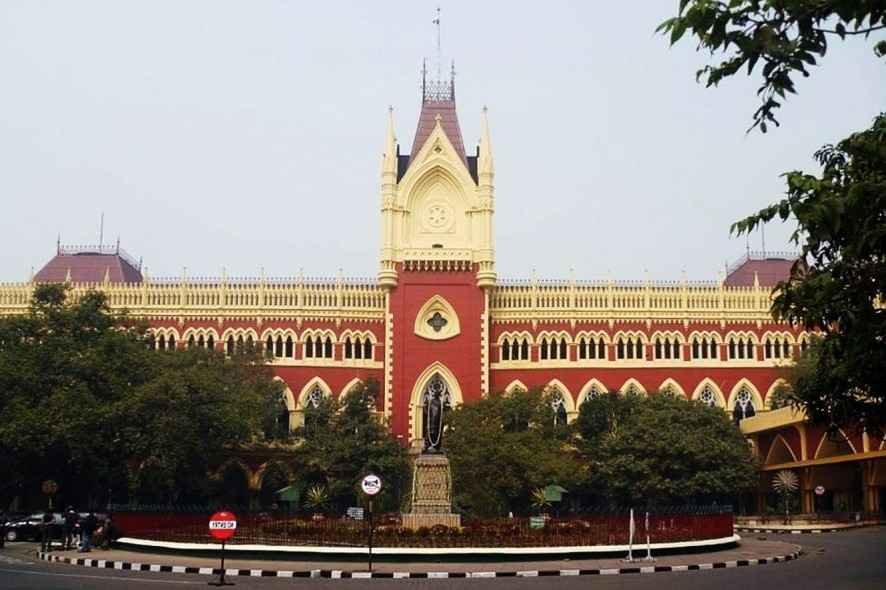Court Strikes Down Deportation Order
The Calcutta High Court has set aside the Centre’s controversial decision to deport two families from West Bengal’s Birbhum district to Bangladesh, terming the move “illegal and arbitrary.” A division bench of Justices Tapabrata Chakraborty and Reetobroto Kumar Mitra ordered the Union government to ensure that all six deported persons are brought back to India within four weeks.
The ruling came in response to habeas corpus petitions filed by relatives of the deported families, who alleged that their kin were unfairly branded as Bangladeshi nationals despite furnishing Indian identity and property documents. The High Court rejected the Centre’s plea for a temporary stay on the order.
Families Picked Up, Sent Across Border
According to the petitions, Sunali Bibi—nine months pregnant—was detained in Delhi along with her husband, Danesh Sheikh, and their five-year-old son. Similarly, another Birbhum resident, Sweety Bibi, and her two children were taken into custody by Delhi Police on June 18 and subsequently deported on June 27. Both families had been working as daily wage earners in the Rohini area of Delhi for over two decades.
The petitioners submitted that Aadhaar, PAN, property deeds, and voter cards belonging to multiple generations of their families were produced before authorities, yet the deportation was carried out. Birth certificates of the deported children, issued by state-run hospitals, were also part of the evidence.
Court Slams “Hot Haste” Deportation
The bench sharply criticised the manner in which the deportation was conducted, describing it as “in hot haste” and in violation of official protocols issued by the Union Home Ministry. Under the May 2, 2025 memo, state governments are required to conduct inquiries before initiating deportation of Bangladesh or Myanmar nationals. In this case, Delhi Police and the FRRO bypassed the West Bengal government entirely.
“The detainees have their relations residing in the State of West Bengal. The kind of overenthusiasm in deporting the detainees disturbs the judicial climate in the country,” the judges observed.
The court also pointed to inconsistencies in the Centre’s claims. While authorities alleged that Sunali had crossed over from Bangladesh in 1998, her Aadhaar and PAN cards indicated that she was born in 2000—making the claim impossible.
Violation of Constitutional Fairness
The bench emphasised that even if the detainees were not Indian citizens, due procedure must have been followed. Ignoring the mandated inquiry and coordination with West Bengal “cripples the constitutional grant of fairness and reasonableness,” the order noted.
The judges further warned against arbitrary use of state power: “Officials cannot exercise their public authority in a whimsical manner. Failure to follow the established procedure renders the deportation bad in law and liable to be set aside.”
Political Reactions
The verdict sparked strong political reactions in West Bengal. Trinamool Congress MP Samirul Islam accused the BJP of pushing an “anti-Bengali agenda” through wrongful deportations. “Today the Calcutta High Court tore apart the BJP’s sham—the attempt to brand a pregnant Birbhum resident and children as Bangladeshis has been exposed as a lie,” he said.
TMC national general secretary Abhishek Banerjee said the judgment highlighted the harassment of Bengali families and claimed that voters would demand accountability from the BJP in the upcoming state elections.
Families Await Return
While the court has directed the Union government to ensure the deported citizens’ return within four weeks, families in Birbhum remain anxious. Relatives of Sunali expressed concern over the citizenship of her soon-to-be-born child if she delivers in Bangladesh.
The case underscores the delicate balance between border control and safeguarding citizens’ rights, with the High Court reminding authorities that deportation cannot override constitutional principles of fairness, evidence, and procedure.







